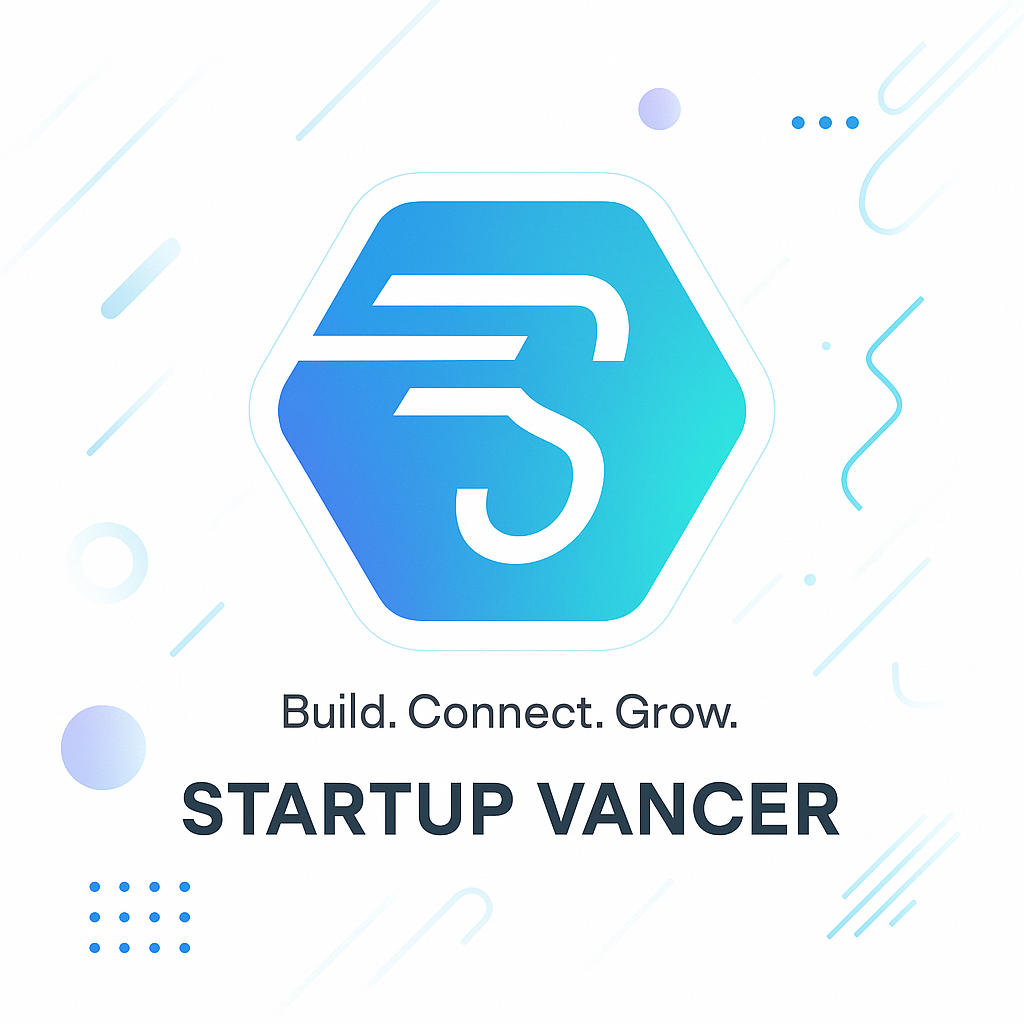
In today’s rapidly evolving entrepreneurial landscape, the journey from concept to execution often presents numerous challenges for startups. Startup incubators and accelerators play a crucial role in this process, providing essential resources and support to help fledgling companies thrive. Understanding their distinct functions is critical for budding entrepreneurs looking to navigate their options effectively. This guide delves into the core differences between incubators and accelerators, offers insights into how to select the most suitable program for a startup’s unique needs, and highlights the significant impact these programs can make on a business’s growth trajectory. Transitioning from idea to realization requires not only innovation but also the right guidance to ensure success in a competitive market.
Understanding the Role of Startup Incubators
Startup incubators play a crucial role in nurturing early-stage ventures, guiding them through the complex landscape of entrepreneurship. These structured programs provide a variety of essential resources to help startups thrive in their formative years. Below are the key functions they serve:
| Function | Details |
|---|---|
| Mentorship | Startups benefit from experienced mentors who provide guidance on strategy, operations, and growth. |
| Funding Opportunities | Incubators often connect startups with investors and offer access to grants, helping secure necessary funding. |
| Networking | They facilitate a community of like-minded entrepreneurs, enabling valuable connections and collaborations. |
| Office Space | Many incubators provide affordable office space, reducing overhead costs and fostering a collaborative environment. |
| Access to Resources | Startups gain access to critical tools, services, and expertise, including legal advice, marketing support, and technical resources. |
By addressing these essential needs, startup incubators help emerging entrepreneurs reduce the risk of failure and improve their chances of long-term success, ultimately driving innovation and economic growth.

Key Differences Between Incubators and Accelerators
Understanding the distinctions between incubators and accelerators is essential for entrepreneurs seeking support for their startup ventures. Both serve unique purposes within the startup ecosystem, but they differ significantly in structure, duration, and objectives.
| Feature | Startup Incubators | Startup Accelerators |
|---|---|---|
| Focus | Idea development and early-stage growth | Rapid scaling and market readiness |
| Duration | Typically longer programs, often 1-3 years | Short, intensive programs, usually lasting 3-6 months |
| Funding Structure | May provide seed funding, but often focus on mentorship | Often offer investment in exchange for equity |
| Cohort Structure | Startups may enter continuously | Cohorts start at the same time, fostering community |
| Mentoring Style | Ongoing support with flexible resources | Structured mentorship tied to specific milestones |
Incubators focus on nurturing ideas, offering resources to develop businesses from the ground up. In contrast, accelerators aim to propel pre-existing startups into accelerated growth phases, providing a structured environment to refine products and scale operations quickly. Choosing the right pathway can significantly impact a startup’s trajectory, including funding strategies and the type of mentorship received.
How to Choose the Right Program for Your Startup
Selecting the ideal startup incubator or accelerator is crucial for a startup’s success. Entrepreneurs should consider several key factors to make an informed choice:
- Industry Fit: Prioritize programs tailored to specific industries, as they often provide specialized resources and mentorship essential for growth.
- Funding Opportunities: Investigate the types of funding available through the program. Some may offer grants, while others might require equity stakes. Understanding these structures can influence long-term success.
- Mentorship Quality: The expertise and backgrounds of mentors can significantly impact the startup’s trajectory. Research the breadth and experience of advisors associated with the program.
- Program Structure: Evaluate the duration and structure of the program. Some are intensive and time-limited, while others may offer more flexible arrangements that allow for concurrent work on projects.
- Location and Network: Consider the geographical accessibility and existing network of the program. A location with a vibrant entrepreneurial ecosystem can provide invaluable connections.
- Alumni Success: Review the track record of the program’s alumni. Successful graduates can indicate the effectiveness of the curriculum and support provided.
By focusing on these factors, entrepreneurs can choose the right program that aligns with their business goals, ultimately enhancing their chances of achieving sustainable success.
Frequently Asked Questions
What is the primary purpose of a startup incubator?
The primary purpose of a startup incubator is to support early-stage companies through structured programs designed to help them develop their business ideas into viable ventures. These incubators provide essential resources such as mentorship, funding opportunities, office space, and networking connections. By offering these critical support mechanisms, incubators play a vital role in helping startups refine their business models, achieve market validation, and ultimately, increase their chances of success in the competitive entrepreneurial landscape.
How do incubators differ from accelerators?
Incubators and accelerators differ primarily in their focus and program structure. Incubators are designed to nurture startups in the ideation stage, providing a longer-term support environment where businesses can develop and validate their ideas. In contrast, accelerators typically focus on startups that already have a viable product, aiming to facilitate rapid growth and scaling within a shorter, more intensive time frame. Additionally, incubators may offer flexible funding structures, while accelerators often provide a fixed amount of investment in exchange for equity, leading to distinct experiences for participating startups.
What should entrepreneurs consider when choosing a startup incubator?
When choosing a startup incubator, entrepreneurs should carefully evaluate several factors to ensure alignment with their business goals. First, they should consider industry alignment, seeking incubators that specialize in their particular field. Access to funding is crucial, so researching the incubator’s funding model and its past successes can provide valuable insight. Additionally, the quality of mentorship, the incubator’s track record of successful alumni, program structure, and location should all be assessed. Understanding the financial implications, including any equity stakes or fees, is also essential before making a commitment.






